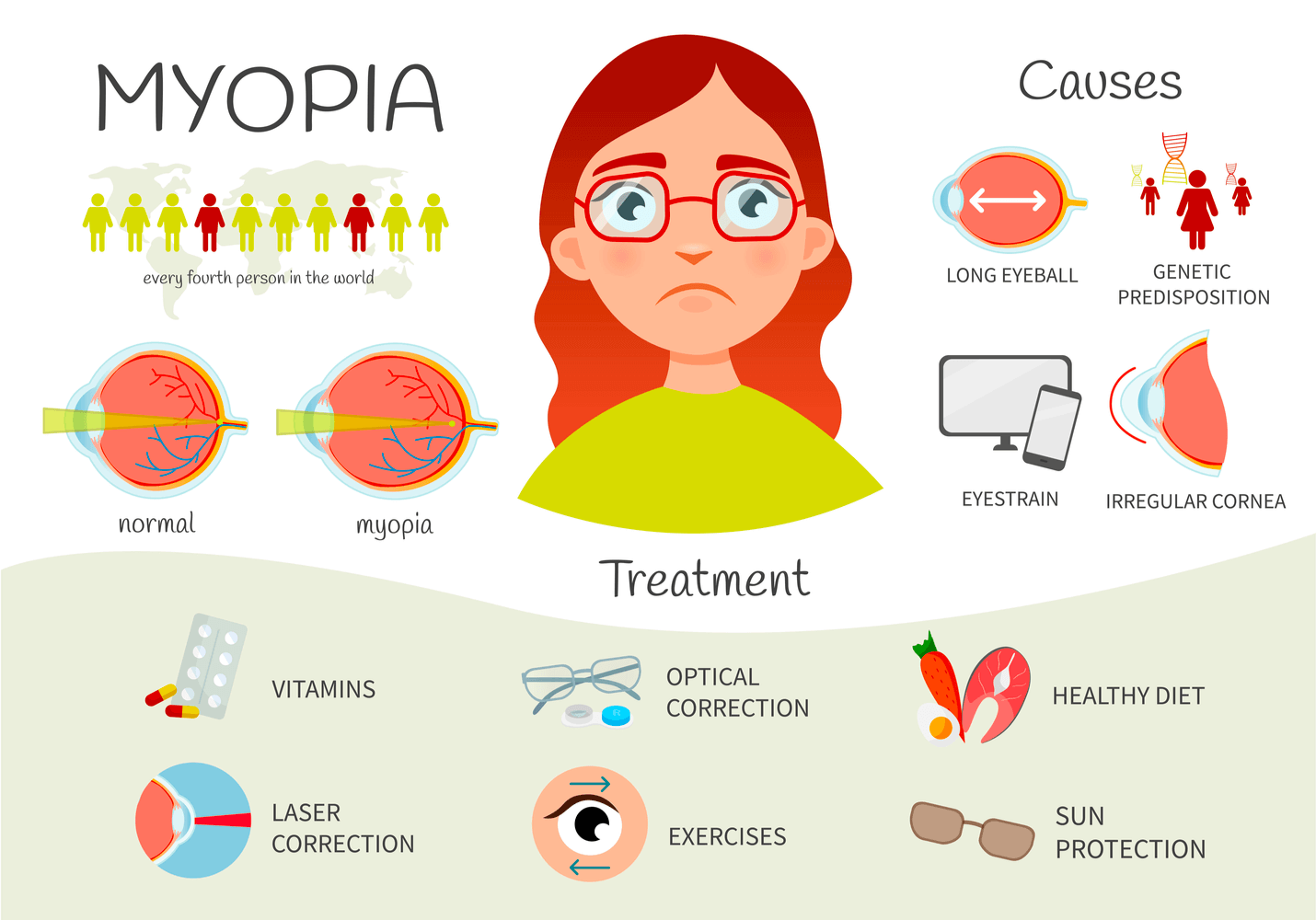
Introduction:
Proper nutrition plays a crucial role in the growth and development of young children. During early childhood, establishing healthy eating habits sets the stage for a lifetime of well-being. This article aims to highlight the importance of early childhood nutrition and provide practical tips for parents and caregivers to encourage healthy eating habits in young children.
- The Building Blocks of Nutrition:
In the early years, children require a balanced diet that provides essential nutrients for their physical and cognitive development. A well-rounded meal should include a variety of fruits, vegetables, whole grains, lean proteins, and dairy products. These food groups offer a range of vitamins, minerals, fiber, and protein necessary for optimal growth. - Encourage Fruit and Vegetable Consumption:
Children should be encouraged to consume a colorful array of fruits and vegetables. Introduce different types of produce gradually, allowing them to explore various tastes and textures. Make fruits and vegetables visually appealing by presenting them in creative ways, such as making fruit kebabs or arranging veggies into fun shapes. - Limit Processed Foods and Sugary Drinks:
Processed foods, high in unhealthy fats, added sugars, and sodium, should be limited in a child’s diet. Instead, opt for homemade meals using fresh ingredients whenever possible. Similarly, sugary drinks like soda and packaged juices should be replaced with water, milk, or freshly squeezed juices to reduce sugar intake and promote hydration. - Set Consistent Mealtime Routines:
Establishing regular mealtime routines is beneficial for young children. They thrive on predictability and structure. Plan three main meals and two to three snacks throughout the day, ensuring they are spaced appropriately. Avoid distractions during mealtimes, such as screens or toys, and create a calm and pleasant atmosphere for eating together as a family. - Lead by Example:
Children often mimic the behavior of those around them, especially their parents and caregivers. Therefore, it is essential to model healthy eating habits yourself. Demonstrate enthusiasm for nutritious foods and involve children in meal preparation. Engage them in grocery shopping, cooking, and gardening to foster a positive relationship with food. - Be Patient and Persistent:
Introducing new foods to young children can be challenging, as they may exhibit resistance or picky eating behaviors. It’s crucial to remain patient and persistent. Offer a variety of foods repeatedly, prepared in different ways, and encourage them to try small portions. Avoid pressuring or forcing them to eat, as it can create negative associations with food. - Seek Professional Guidance:
If concerns about a child’s nutrition persist or if specific dietary restrictions are necessary, seeking guidance from a pediatrician or a registered dietitian can be beneficial. These professionals can provide personalized advice based on the child’s individual needs and ensure they receive adequate nutrition for healthy growth and development.
Conclusion:
Early childhood is a critical period for establishing healthy eating habits that will benefit children throughout their lives. By providing nutrient-rich meals, encouraging fruit and vegetable consumption, limiting processed foods, setting consistent mealtime routines, leading by example, and being patient, parents and caregivers can play a vital role in nurturing a foundation of healthy eating habits for their children.












